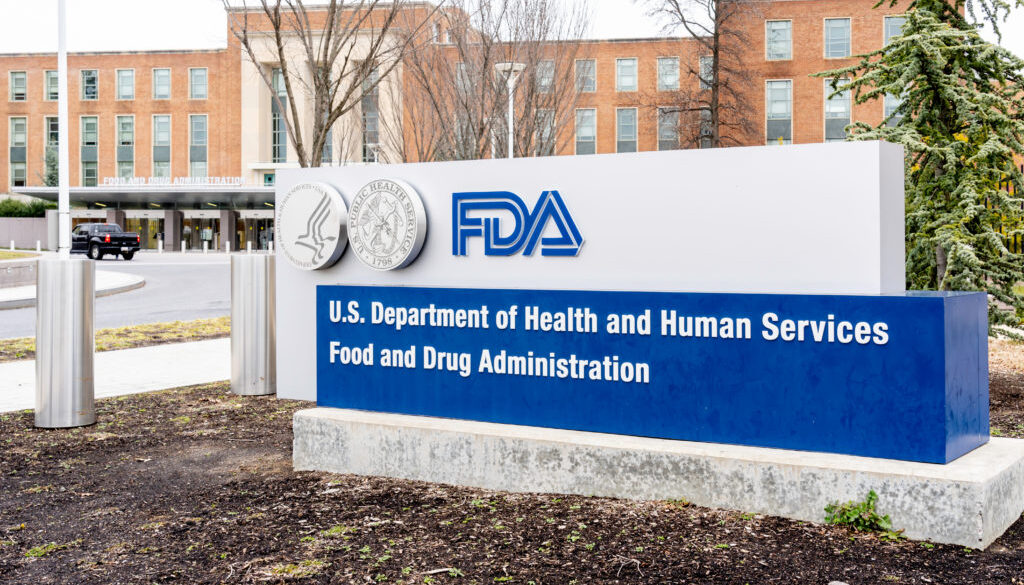Scientists call on federal regulators to rid US agencies of corporate influence
Scientists are calling for the incoming Trump administration to adopt a set of guidelines designed to ensure scientific integrity at federal agencies and loosen corporate influence on regulators charged with protecting Americans’ health.
The recommendations, published Dec. 16, state that the US Environmental Protection Agency (EPA), the US Food and Drug Administration (FDA) and other agencies must eliminate financial and political conflicts of interest from environmental health research, halt industry influence on advisory boards and use the best available science to identify the health risks of toxic chemicals, which are contributing to the rise in chronic diseases such as cancer and diabetes.
Conflicts of interest that undermine the scientific process have resulted in “weakened chemical regulations, increased exposure to harmful chemicals, and greater risks to the health of families, workers, and communities,” the authors concluded.
“Our recommendations will not only strengthen the scientific frameworks of regulatory agencies but also enhance their ability to identify and mitigate toxic chemical exposures, protecting the health of all people who live in the US – especially those who are most susceptible to harm,” Rashmi Joglekar, director of science and policy at the University of California San Francisco Program on Reproductive Health and the Environment (PRHE), said in a press release. PRHE issued the guidelines.
The proposal has been endorsed by at least 48 scientists and public health experts and14 health and environmental organizations. Longer recommendations will be available in early January, said a spokesperson for PRHE.
The EPA and FDA said they plan to review the guidelines.
In December 2022, the National Academies of Sciences, Engineering and Medicine held a workshop to share the results of decades of research showing that powerful industries such as tobacco and pharmaceuticals influence the research process from beginning to end, leading to findings that ultimately favor industry.
The EPA and FDA have both come under fire in recent years for industry ties that critics say interfere with the agencies’ abilities to study and regulate toxic chemicals.
In August, the EPA’s Office of Inspector General issued a report criticizing Joseph Goffman, a high-level government air quality official, for taking part in the development of a rule that regulates emissions from the medical device industry even though Goffman has financial holdings in Abbott Laboratories, Johnson & Johnson and Medtronic.
And a 2021 investigation based on evidence from whistleblowers within the agency concluded that EPA staff “tampered with the assessments of dozens of chemicals to make them appear safer,” supporting industry interests.
A 2018 investigation into hidden conflicts of interest at the FDA found that about two-thirds of physicians who advised the agency on 28 drugs approved between 2008 and 2014 received compensation from drug companies after they performed their duties, such as through travel or consulting payments.
Nine of the FDA’s past 10 commissioners worked for the drug industry or served on the board of directors of a drug company after leaving the federal regulatory agency, according to a 2024 report in the journal BMJ.
“The revolving door between the FDA and industry surprises few anymore, despite the widely acknowledged potential it has for undermining public trust in government,” the authors wrote.
The Trump administration’s recent nomination for FDA commissioner, the surgeon and Johns Hopkins University public policy researcher Martin Makary, presents his own conflicts of interest – Makary is the chief medical officer at the telehealth company Sesame, which offers medications that have gained recent popularity as treatment for weight loss. The FDA has come into conflict with industry as it works to regulate the drugs.
The FDA screens would-be advisory committee participants for conflicts of interest such as stocks, bonds and consulting arrangements, according to an agency presentation, which notes that all employees are prohibited from participating in “any particular Government matter that will have a ‘direct and predictable effect’ on their financial interests.”
 EWG
EWG


